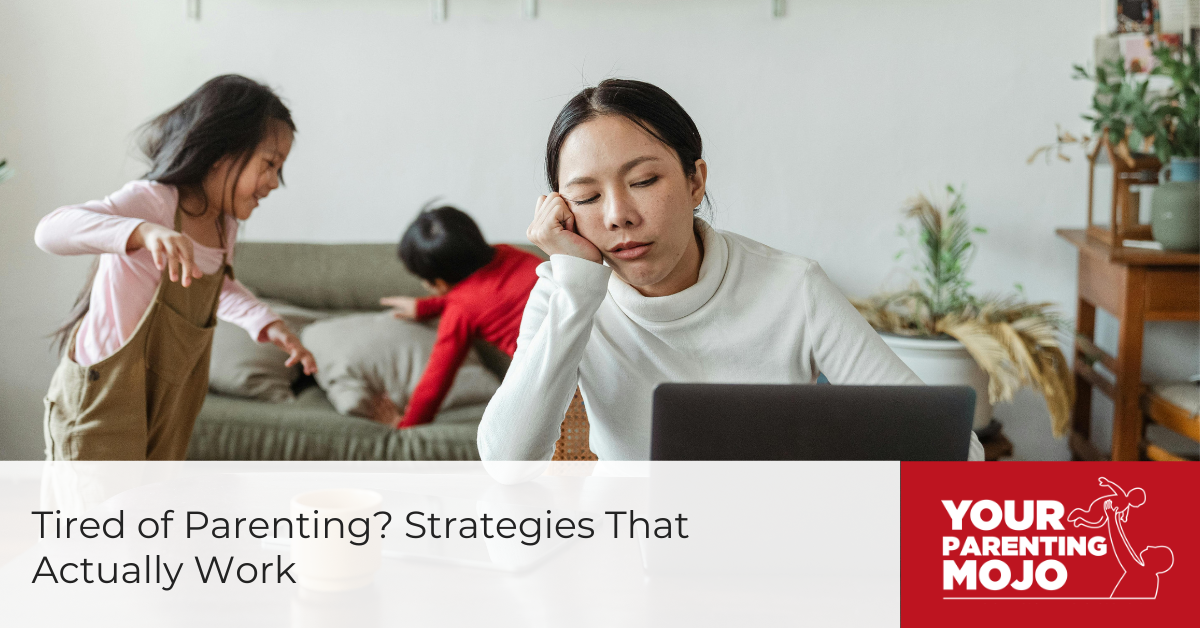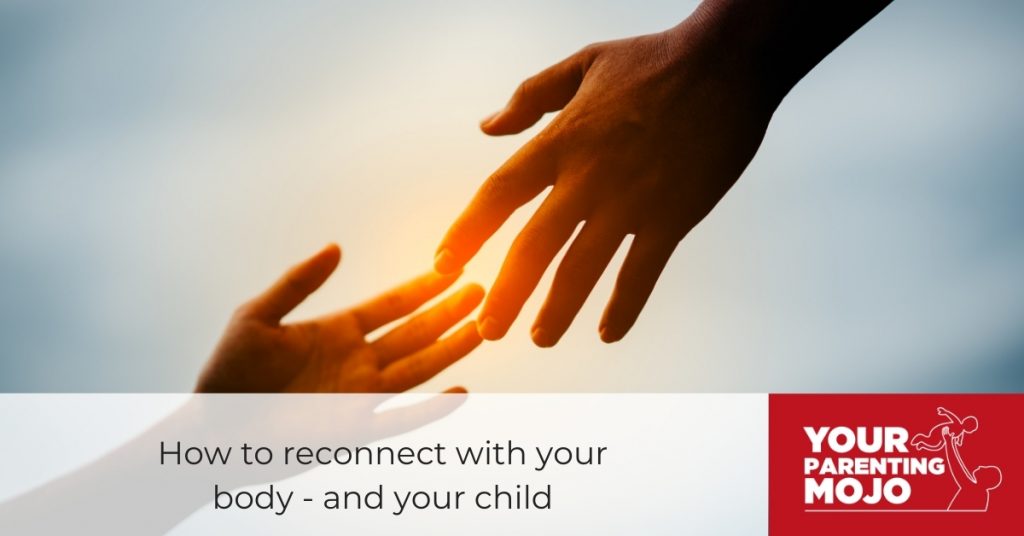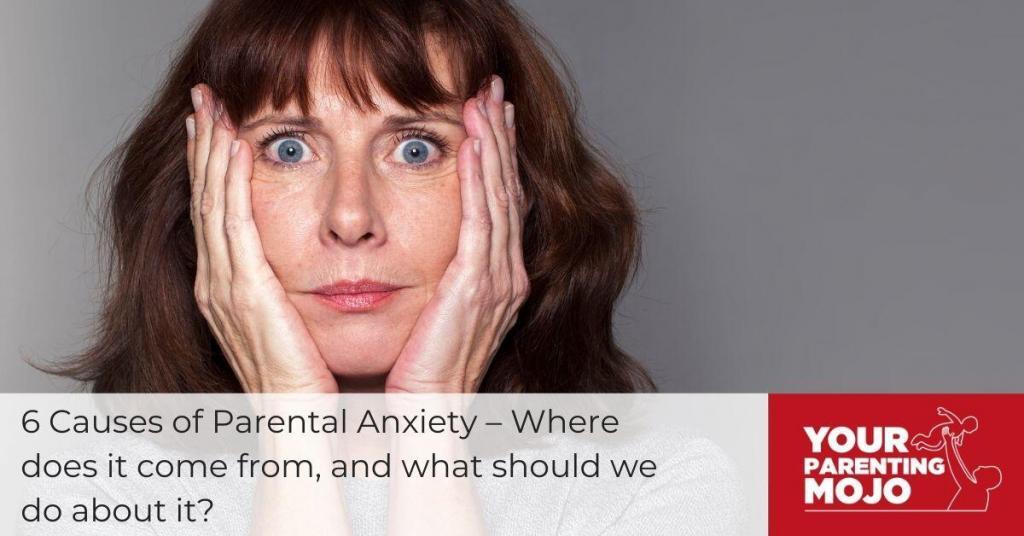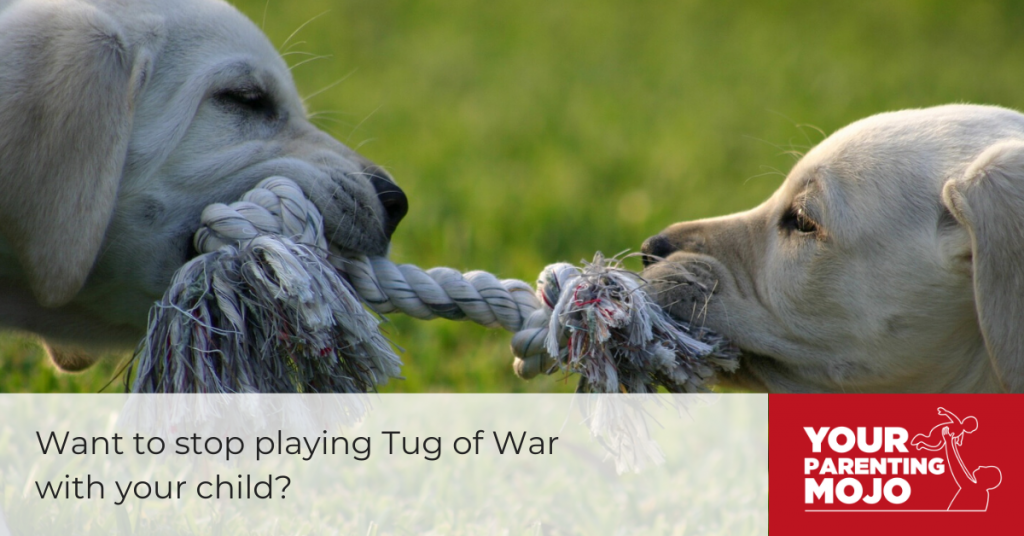Posts Tagged ‘Respectful Parenting’
Setting Family Boundaries During the Holidays
Family holiday stress happens when your needs bump against theirs. Both are valid. Boundaries protect your capacity for real connection while taking care of yourself during gatherings.
Read Full PostTired of Parenting? Strategies That Actually Work
Most parents understand respectful parenting but can’t implement it when they’re depleted. Learn why knowledge isn’t enough and what actually creates change in exhausting moments.
Read Full PostHow to reconnect with your body – and your child
Why do you explode over unfinished cereal or backtalk? Your oversized reactions aren’t about your child’s behavior. They’re about trauma living in your automatic response system. Here’s how to reconnect and respond differently.
Read Full Post6 Causes of Parental Anxiety – Where does it come from, and what should we do about it?
Why do most parents struggle with anxiety about their parenting? From unwanted opinions to media sensationalism, six major causes create constant self-doubt. Understanding these sources is the first step to finding relief.
Read Full PostWant to stop playing Tug of War with your child?
Tired of battles over shoes, teeth brushing, and bedtime? You’re playing tug-of-war with your child and digging deeper trenches. Here’s how to drop the rope and end the power struggles while still maintaining boundaries.
Read Full Post





